
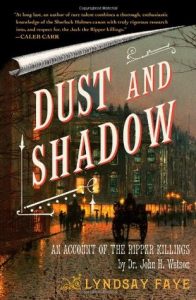 Title: Dust and Shadow: An Account of the Ripper Killings by Dr. John H. Watson by Lyndsay Faye
Title: Dust and Shadow: An Account of the Ripper Killings by Dr. John H. Watson by Lyndsay Faye
Published by Simon & Schuster
Published: April 2nd 2015
Genres: Fiction, Historical, Retellings
Pages: 336
Format: Trade Paper
Source: Purchased
Goodreads
From the gritty streets of nineteenth century London, the loyal and courageous Dr. Watson offers a tale unearthed after generations of lore: the harrowing story of Sherlock Holmes’s attempt to hunt down Jack the Ripper.
As England’s greatest specialist in criminal detection, Sherlock Holmes is unwavering in his quest to capture the killer responsible for terrifying London’s East End. He hires an “unfortunate” known as Mary Ann Monk, the friend of a fellow streetwalker who was one of the Ripper’s earliest victims; and he relies heavily on the steadfast and devoted Dr. John H. Watson. When Holmes himself is wounded in Whitechapel during an attempt to catch the savage monster, the popular press launches an investigation of its own, questioning the great detective’s role in the very crimes he is so fervently struggling to prevent. Stripped of his credibility, Holmes is left with no choice but to break every rule in the desperate race to find the madman known as “the Knife” before it is too late.
A masterly re-creation of history’s most diabolical villain, Lyndsay Faye’s debut brings unparalleled authenticity to the atmosphere of Whitechapel and London in the fledgling days of tabloid journalism and recalls the ideals evinced by Sir Arthur Conan Doyle’s most beloved and world-renowned characters. Jack the Ripper’s identity, still hotly debated around the world more than a century after his crimes were committed, remains a mystery ripe for speculation. Dust and Shadow explores the terrifying prospect of tracking a serial killer without the advantage of modern forensics, and the result is a lightning-paced novel brimming with historical detail that will keep you on the edge of your seat.
As he passed a hand over his eyes, I recalled the he could not have slept more than twenty hours in the last seven days. For the first time since I had known him, Sherlock Holmes appeared to be exhausted by work rather than inaction.
“Because if I am right,” he murmured, “I haven’t the first idea what to do.”
Lyndsay Faye’s debut novel Dust and Shadow imagines what it might be like if Sherlock Holmes and John Watson investigated and solved the Jack the Ripper murders. While she tackles some of the more sensitive issues regarding women and people who are not well-off white men, Faye brings to life that Holmesian Victorian London as if Doyle himself might have imagined. The details of day-to-day life are so vivid and believable that there were times while I was reading this that I forgot it was a pastiche.
This novel is a bit slow at first and really takes about a third of the novel to get to the really interesting bits, but once you’ve hit that mark, the story sweeps you away. Holmes is our cynical, cold, cerebral detective, and Watson is our devoted and daring narrator. Faye’s Watson illuminates the humanity of every character in the novel and develops them well. The addition of Mary Ann Monk, a prostitute who proves herself to Holmes and Watson to be “a woman of extraordinary fortitude.“ Compared to Doyle’s historically sexist and racist writing, Faye’s Victorian England and the characters intertwined are presented in a more modern and humanist light that I found refreshing, daring, and forward.
While I have read many historical documents and fictional narratives surrounding the Jack the Ripper murders, I found Faye’s (and Holmes’s and Watson’s) deductions and conclusions regarding the murderer to be enlightening, engaging, and well-researched.
As usual, we readers are seeing the story unfold through Watson’s eyes and Watson’s pen, so there are times when we should question Watson and his presentation. Did things happen so neatly as Watson writes them out to be? Watson, when writing these narratives, already knows the end and the resolution, so are any of the details exaggerated or changed to fit a narrative? And there are times when Watson and ourselves as readers have no clue what Holmes is about to do, and that’s what I think really drives this story (and any good Sherlock Holmes story). Holmes already knows the answers, but we need to know them, even if “on occasion his dictatorial glibness grated upon [our] nerves.” But that’s what keeps us reading until the very end.
If you enjoy Sherlock Holmes in any form, find Jack the Ripper fascinating, or just like a good murder mystery, pick Faye’s novel up immediately.
Faye has a collection of Sherlock Holmes short stories coming out in early 2017, so I’m looking forward to reading more of her Holmesian mysteries.



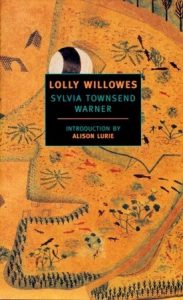 Title:
Title: 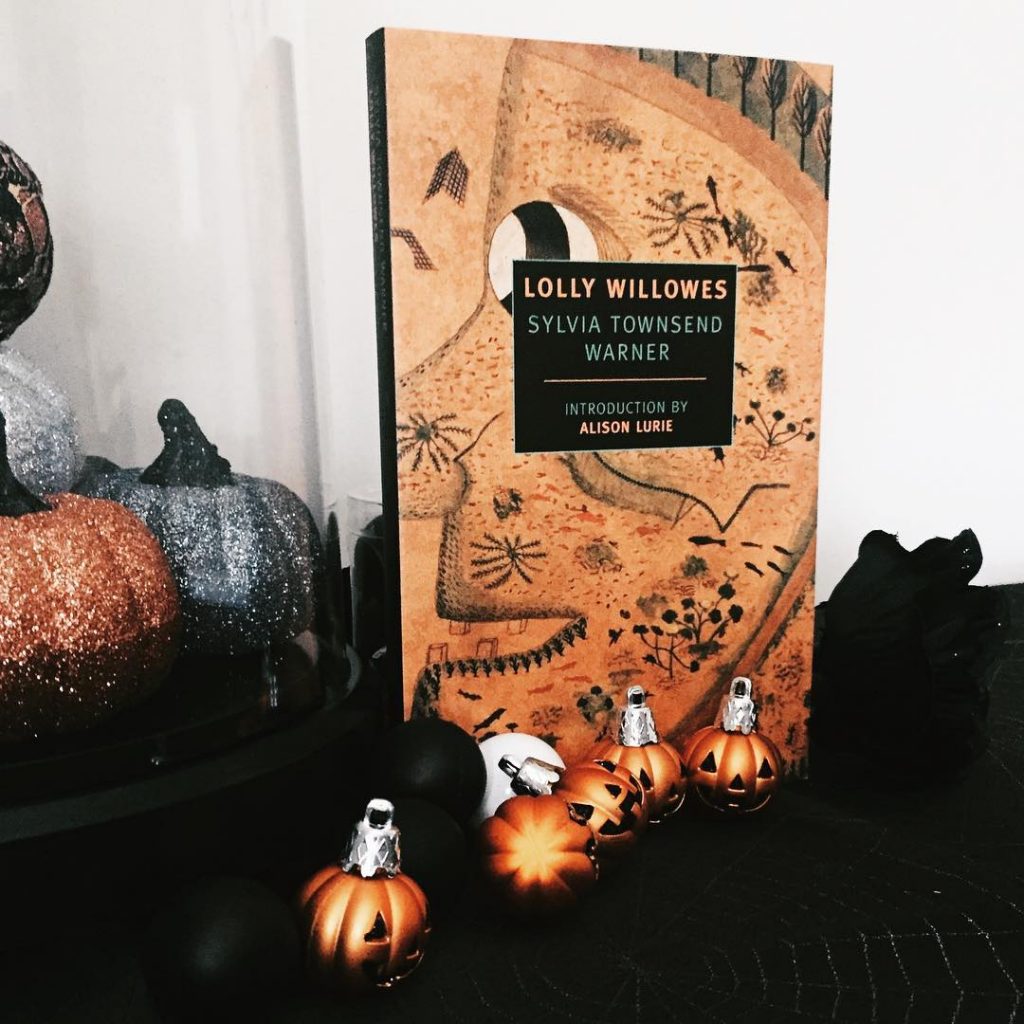
 Title:
Title: 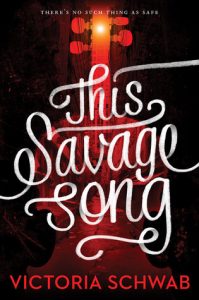 Title:
Title: 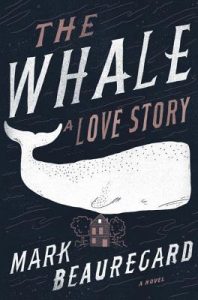 Title:
Title: